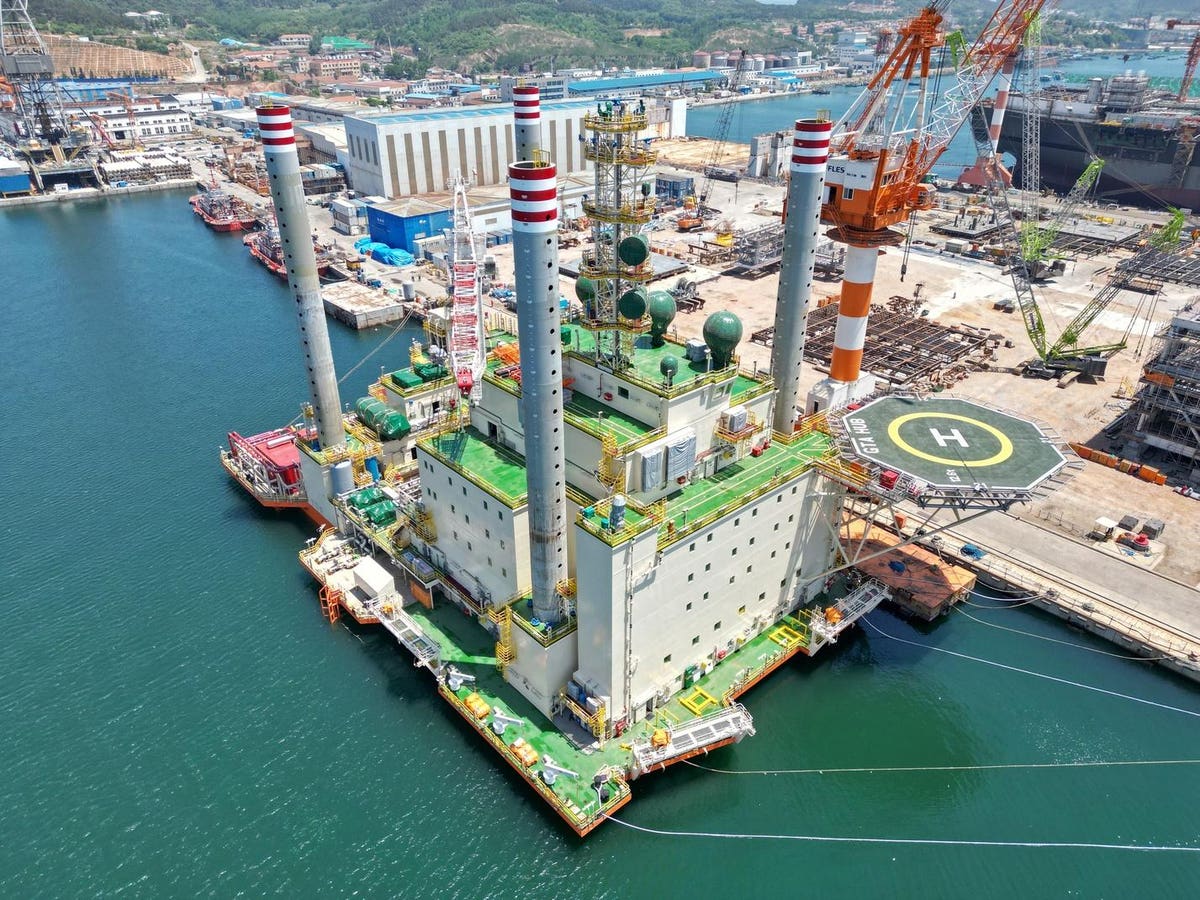Increasing global demand for exports of liquefied natural gas (LNG) has driven billions of dollars in investments in new export infrastructure in countries that are home to large reserves of natural gas. Once such project that promises to become an economic and societal game-changer for two developing West African nations has not received much media attention to this point, but that is likely to change in the months to come as it advances towards initial production.
Once completed, that project, the Greater Tortue Ahmeyim (GTA) export facility, appears poised to become a catalyst for economic development in the nations of Senegal and Mauritania in the same way the development by an ExxonMobil
XOM
KOS
SMH
Feedstock for GTA will be derived from a pair of adjacent offshore natural gas fields, the Tortue field offshore Mauritania, and the Ahmeyim field offshore Senegal. The Tortue field was discovered in 2015 with the drilling of the Tortue 1 well to a depth of 2.7 km. Ahmeyim, located in the Saint Louis Offshore Profund block, was discovered a year later with the drilling of the Ahmeyim 2 well at a depth of 5.2km.
Shortly after the completion of the Ahmeyim 2 well, BP entered into a deal to develop the gas fields with Kosmos, with Petrosen and SMH coming in as working interest partners. Together, the two combined fields – now referred to as the Greater Tortue Ahmeyim Field – contain estimated proven reserves of 15 trillion cubic feet of recoverable natural gas with current technology. That number is likely to grow in the coming years as additional drilling takes place and technology advances.
Originally scheduled to achieve first gas in 2022, the project has encountered a series of delaying factors that initially extended the timeline into 2023, and which now have BP projecting first exports to occur sometime in 2024. A person familiar with the project who spoke to me on condition of anonymity said the COVID-19 pandemic was a significant contributing factor to the delays. That is, of course, no surprise as the pandemic caused significant impacts to most big industrial developments throughout 2020 and 2021.
But the negative impacts on the GTA project seem to have been especially severe. BP took the step of invoking force majeure (FM) in March 2020, saying it was unable to meet its commitments due to the ongoing impacts of the pandemic. From a legal perspective, the FM declaration nullified the original project schedule, requiring BP and its partners to agree to a revised one. BP said it had lifted the FM declaration in October, 2020, but three years later, the project remains plagued by uncertain schedules and complaints by some contractors alleging delayed payment for work already performed.
The project’s uncertain operating conditions appear to have also in part delayed delivery of a pair of key vessels to the project site. The pre-treatment FPSO constructed by Technip Energy in China is currently docked at Port St. Louis in Mauritania. The Gimi FLNG, which will serve as the project’s liquefaction facility, remains docked in Singapore, still not ready to move onsite. Golar LNG recently stated that Gimi FLNG is 94% complete, but the planned departure date from the Keppel Shipyard has been delayed from the first half of 2023 to an undetermined date during the third quarter, “to allow for vessel completion and testing and a greater proportion of commissioning work to be performed in Singapore, where requisite skills and resources are more accessible.”
As is the case with any international project, local political considerations can become a wild card where planning and execution are concerned. Social unrest in early June in Senegal has also raised concerns about becoming a potential cause of further delays. At least 16 people were killed in violent protests across the country staged by supporters of Ousmane Sonko, the leader of opposition to the current government led by President Macky Sall.
The Bottom Line
As energy developers throughout history have discovered, managing through such unpredictable factors is just a part of doing business in developing parts of the world. The prize remains in place for BP et all, and the magnitude of that prize will ultimately ensure project completion despite the complications and delays. The reality is that the world needs the LNG from Greater Tortue Ahmeyim, and will hopefully start receiving it sometime in 2024.
Read the full article here





